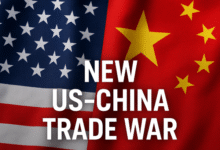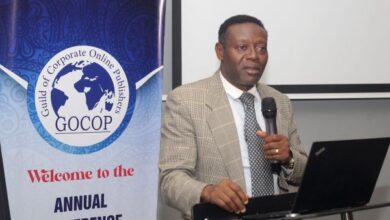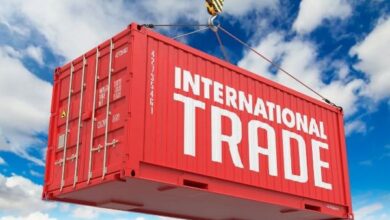GSK exit: Expert urges FG to improve investment climate
 A former president of the Association of National Accountants of Nigeria (ANAN), Dr Samuel Nzekwe, has appealed to the federal government to provide critical infrastructure for industries to thrive in the country.
A former president of the Association of National Accountants of Nigeria (ANAN), Dr Samuel Nzekwe, has appealed to the federal government to provide critical infrastructure for industries to thrive in the country.
Nzekwe made the appeal while speaking with the News Agency of Nigeria (NAN) on Wednesday in Ota, Ogun.
He spoke against the backdrop of the announcement by management of GlaxoSmithKline that the company would be leaving the country after 51 years of its operations.
The Ex-ANAN president noted that companies were leaving the country due to lack of infrastructure.
“The federal government needs to change the investment climate to be friendly by providing adequate electricity, adequate security and good road network, among others, for industries to thrive in the country,” he said.
Nzekwe stressed the need for provision of critical infrastructure because an enabling environment was necessary for industries to grow in the country.
The Ex-ANAN president urged the federal government to review the country’s tax system to prevent multiple taxation, which he said inhibited the growth of many companies.
Nzekwe appealed for concerted efforts by the government and critical stakeholders to provide adequate security so that the country could leverage agriculture where it had comparative advantage.
This, he said, would help the country to achieve food sufficiency and backward integration, which would bring many youths out of unemployment.
Nzekwe stressed the need for federal government to also work to prevent policy somersault because this made long-term projections difficult for companies.











